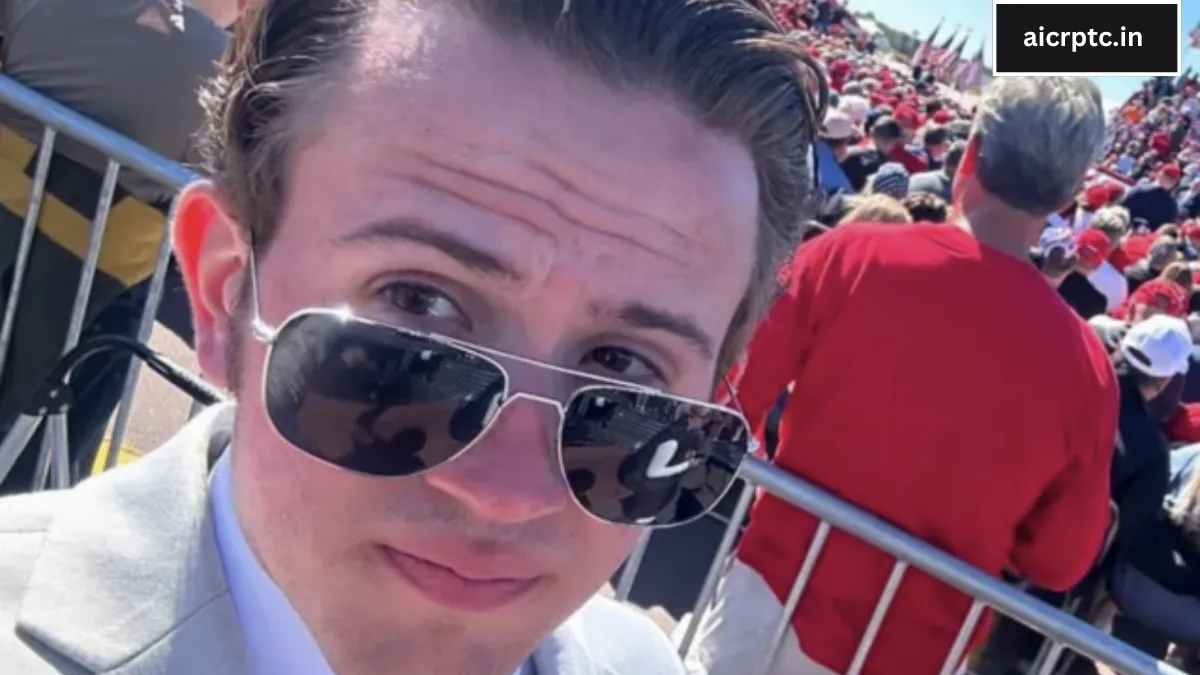A 22-year-old college graduate with no previous government leadership or security experience is now heading up a Department of Homeland Security terror prevention team.
Thomas Fulgate, a 22-year-old recent college graduate from the University of San Antonio, has taken a leadership position within the Department of Homeland Security’s Center for Prevention Programs and Partnerships (CP3). This division is responsible for tackling domestic terrorism, school violence, and hate-based incidents. Despite having no direct experience in counterterrorism or public safety, Fulgate was given authority over a program that distributes $18 million in grants to assist local efforts in combating extremist threats.
Fulgate, who once interned at the conservative Heritage Foundation and identifies as a “Trumplican,” has raised serious concerns among national security professionals. According to a ProPublica report, experts within the field have expressed alarm over his appointment. One counterterrorism analyst remarked, “It feels like the intern is suddenly running the show.”
Another longtime official warned that such decisions could be taking the country into “very dangerous territory,” especially in light of recent violent incidents. These include a deadly car bombing in California, the fatal shooting of Israeli embassy staff in D.C., and the mass attack in Boulder, Colorado.
Fulgate replaces Bill Braniff, a U.S. Army veteran with two decades of experience in national security. Braniff resigned in March, citing limitations within the current administration after nearly a fifth of his department’s staff was cut. In a LinkedIn message, he emphasized that while he may not continue the mission inside government, he remains committed to it externally. Braniff was instrumental in directing nearly $90 million since 2020 to help communities prevent violent extremism.
One insider called Fulgate’s appointment “an insult,” adding that Braniff had pushed CP3 toward more research-based methods that avoided the discriminatory practices that plagued counterterrorism after 9/11. “They were beginning to tackle the root causes of violence,” said the source. “Now, that momentum has vanished.”
Before being named to the CP3 role, Fulgate worked as a “special assistant” in the DHS immigration office. The department defended the decision, stating that he was “temporarily given additional leadership responsibilities” because of his prior success. Still, some DHS staff likened meetings with Fulgate to “career counseling,” noting his apparent lack of knowledge regarding the role.
Fulgate’s professional background includes a short stint as a gardener in 2020 and several internships and fellowships, including one with the Heritage Foundation. He also participated in Donald Trump’s campaign, attended the Republican National Convention, and held the title of secretary general in a college Model United Nations program.
Recently, Fulgate posted pictures of himself at the White House, sharing his excitement about taking what he called “the first major leap” of his career.
His appointment echoes broader concerns over politically motivated hiring decisions—similar to the public backlash Elon Musk faced after appointing teenagers to high-level roles within a government efficiency department.
While every new generation brings fresh perspectives, the balance between enthusiasm and expertise remains critical—especially in national security. The debate surrounding Thomas Fulgate’s appointment highlights deeper questions about merit, readiness, and the risks of politicized decision-making in roles that impact public safety.

